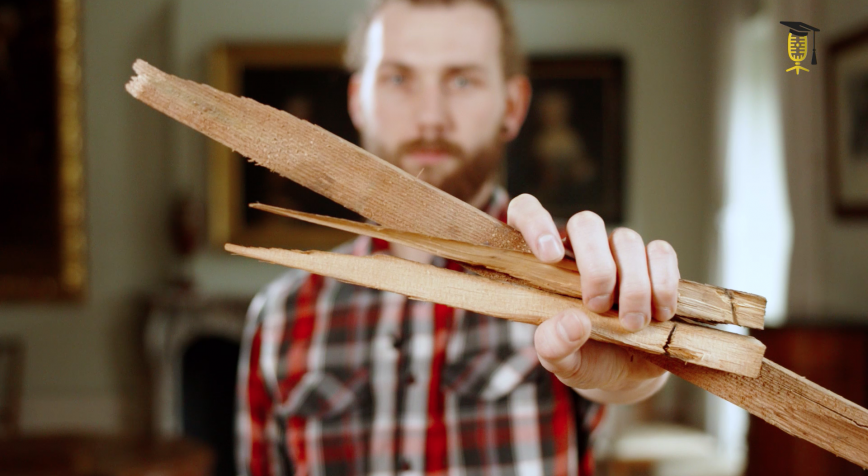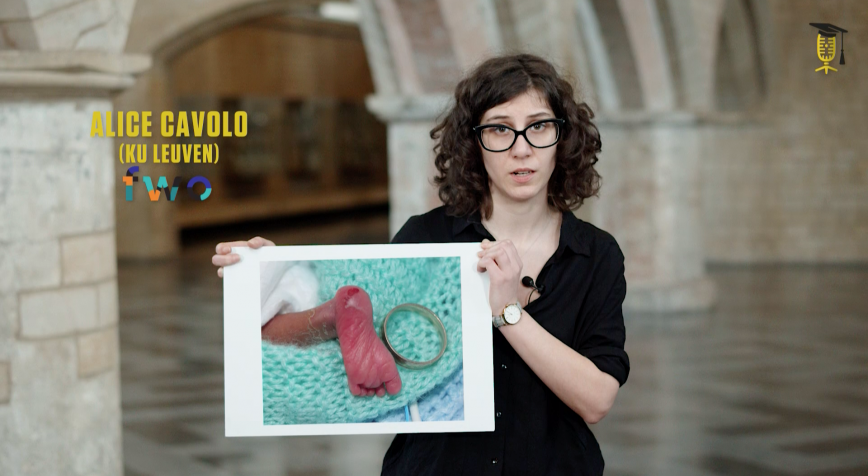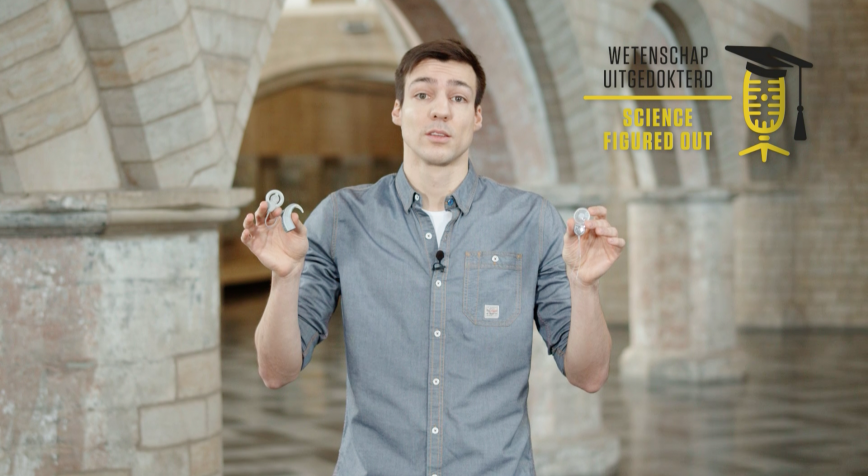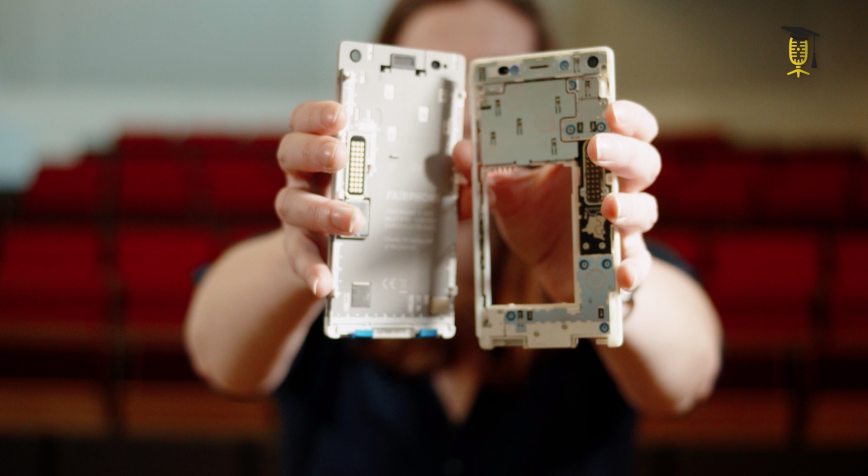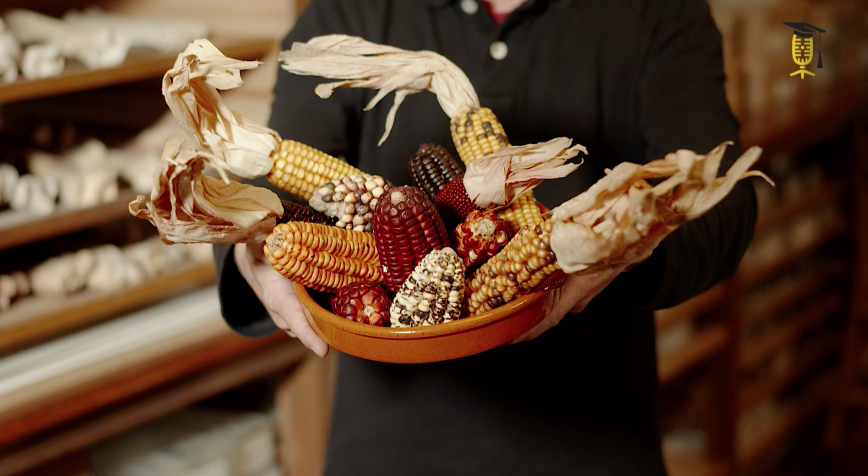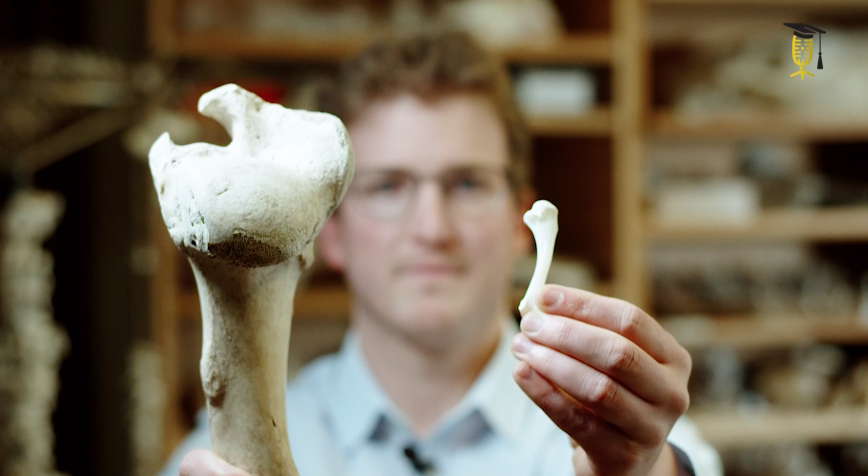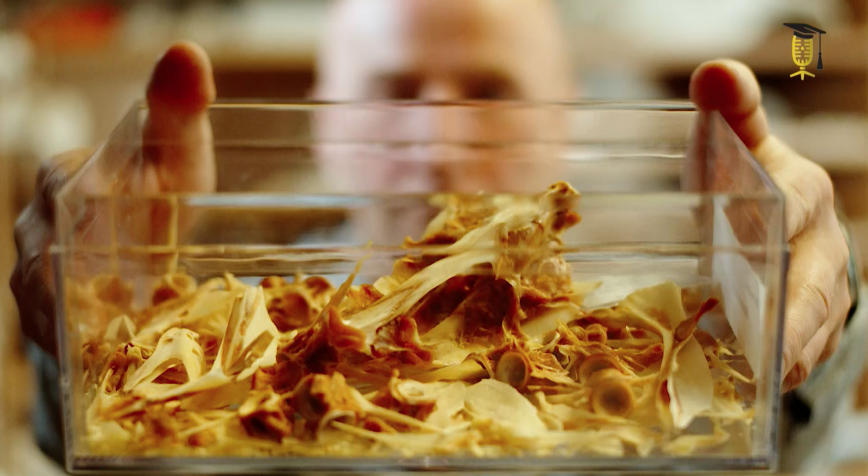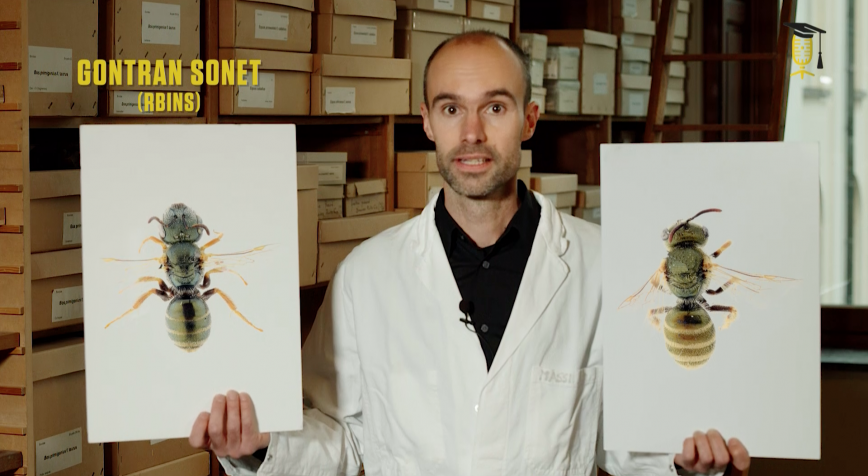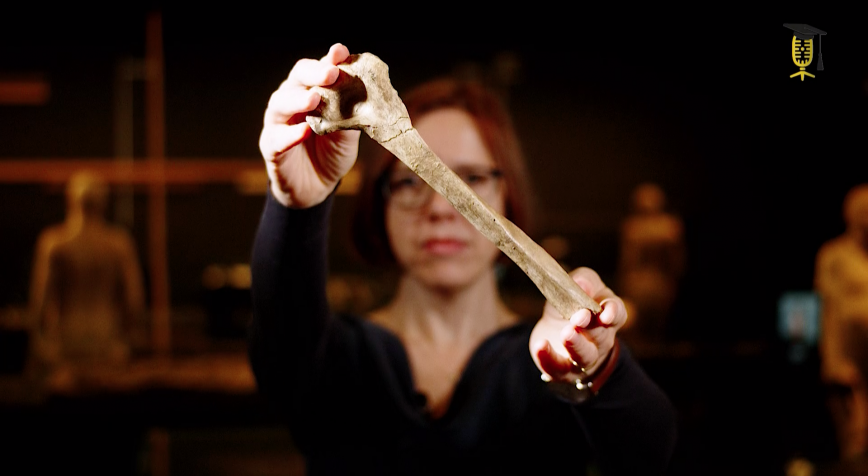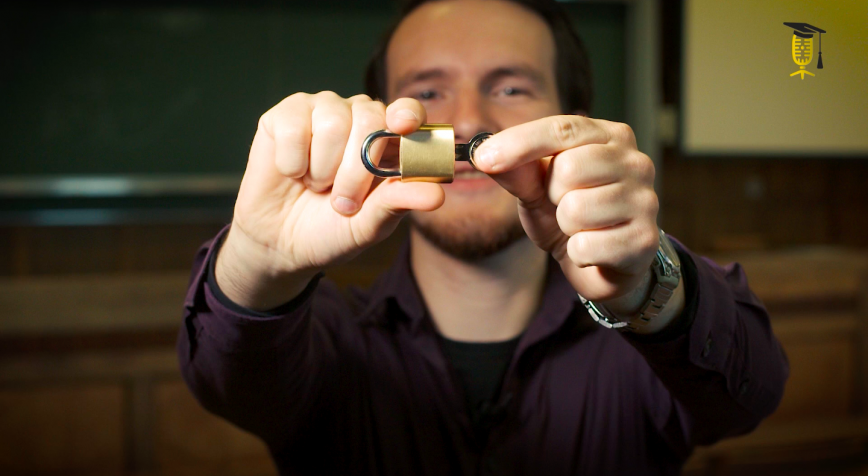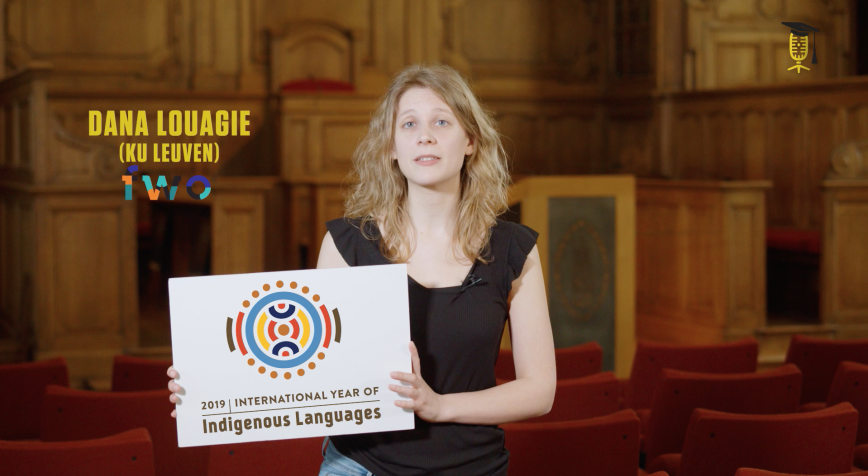
FWO
KU Leuven
Indigenous languages: what do they tell us?
Did you know that there are about 7,000 languages in the world? And that more than 2,600 of these languages are in danger of extinction? With every language that disappears, we lose a unique part of the rich diversity that exists in human languages. That's why Dana Louagie studies Aboriginal languages.
